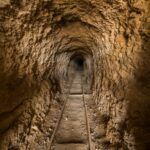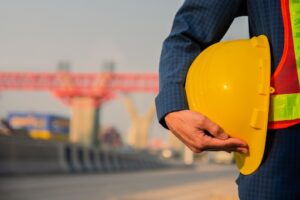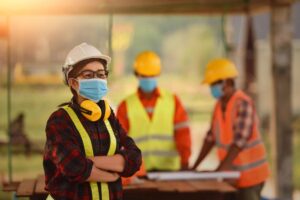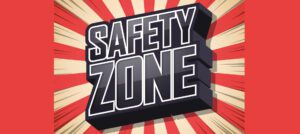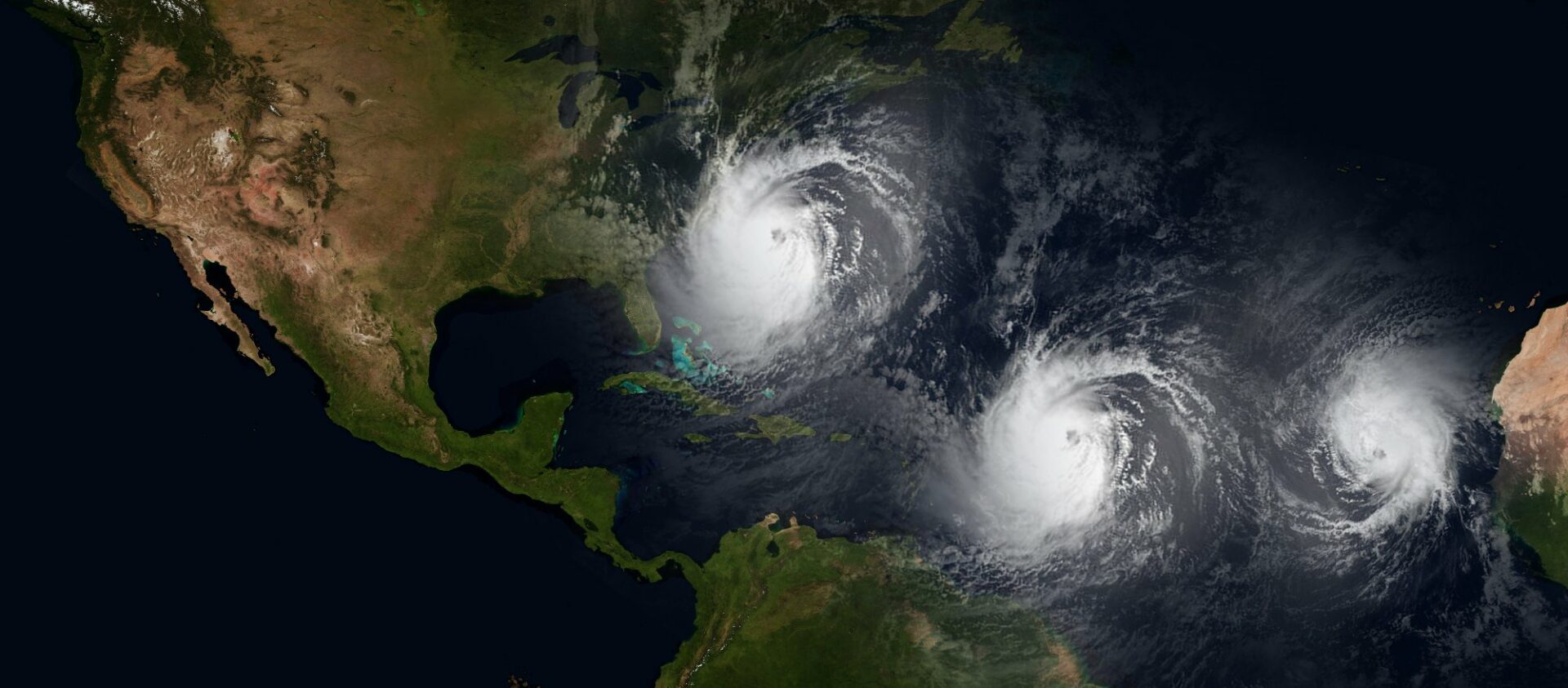
The Hurricane Don’t List: safety tips from two generations of survivors
They say experience is important, but do we really need to learn our greatest lessons about safety at the point of failure? Although I appreciate the guy who blew himself up instructing me how not to blow myself up, I also want to hear about the person who, as nondramatic as it may seem, avoided having an accident.
In a recent study to be published in Accident Analysis & Prevention,1 researchers have determined that a sidewalk’s distance from the street is a major factor in pedestrian-motorist collisions. In short, the closer you are to cars in motion, the more likely you are to be hit by one. Seriously? We needed a study for that? As comically obvious as that is, it proves a very important point: Safety, first and foremost, is about positioning yourself to be safe. Without that foundation, everything else is simply less effective.
As a Houston resident dealing with Hurricane Harvey; and Hurricane Ike back in 2008 (which spawned a watery tornado that put a hole in my roof, flooded my house, and motivated me to move into a tall concrete building where I safely reside now), I’ve been inspired to put together a preventative list. Let’s call it a “don’t” list. That is, if you want to position yourself (physically or provisionally) to weather a storm safely—
- Don’t stand on the balcony of your high-rise in hurricane winds. It sounds like a no-brainer, but if you notice your patio furniture is missing, don’t go out there!
- Don’t be hopeful. Hope is not a strategy. Instead, expect to be flooded. In Houston, New Orleans, or coastal Florida/Caribbean, carpet and wooden floors are for those who enjoy overpriced contractors.
- Don’t live where the water goes. You can always find a really good deal on a nice big house in the middle of a floodplain! Because water seeks its own level, it’s eventually going to seek your house.
- Don’t starve. Water and nonperishable food are available almost everywhere. If you think you’ve had a bad argument with your spouse before, try arguing after three days with no food.
This fourth pointer is where I fell short during Hurricane Harvey. As smart as I thought I was having survived a previous storm, and having grown up on the coast of Florida, I did in fact run out of food. The grocery stores closed prematurely and we did not have enough food on hand.
In this, I am the conflicted child of my parents. After experiencing the great hurricane of 1935 as a little girl in Miami (back before we started naming ominous weather events after mild-sounding aunts and uncles), my mother always had candles, batteries, and flashlights on hand and a pantry full of food. My father always poked fun at this. “Betty Ann,” he would say, “are you planning for the end of the world?” She’d fire back, “Billy, if the world does come to an end, that doesn’t mean we’re not having dinner!” My mother, it turns out, was an expert in preventative strategies.
I, on the other hand, am now the hurricane equivalent of the guy who talks to you about fire safety because he has actually burst into flames. I speak at safety conventions every month; in 22 years of speaking professionally, I’ve delivered safety messages on five continents. One might imagine I would have the fundamentals of safety down pat. The truth is that when a hurricane approaches, it’s easy to forget some basic things. More importantly, the lesson is to consider whether you’ve positioned yourself to remain safe long before the storm hits.

